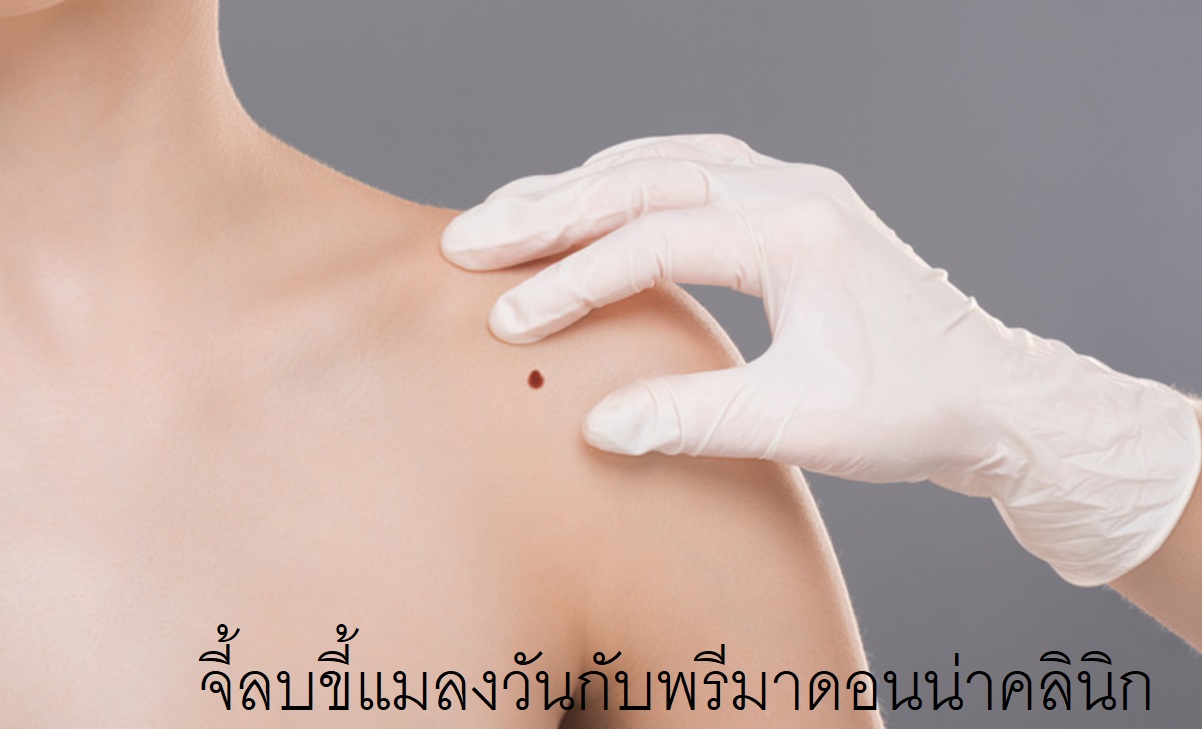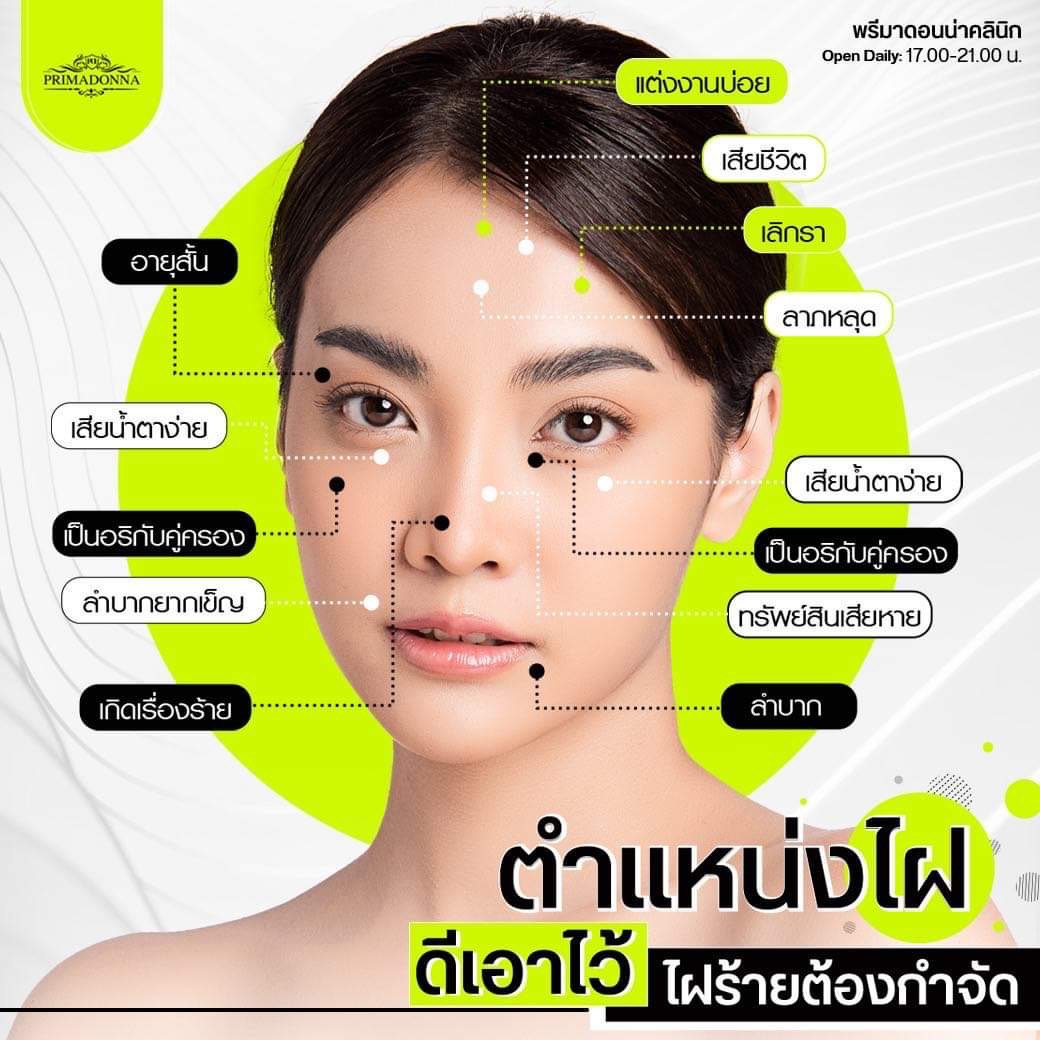
Scar Laser Removal
Scar Laser Removal
About Scar Revision
Scars result from a chaotic wound healing response leaving behind fibrotic tissue due to irregular collagen formation. There are different types of scar including atrophic, hypertrophic, contracture and keloid scars. Available scar revision therapies depend on the type of scar, and range from topical creams for mild scarring, to grafting in the case of large, traumatic scars. Laser scar revision is an effective method for treating a wide range of scars that improves skin texture and pigment as well as functional aspects.
For acne and some surgical scars (see also Acne Scars Treatment), fractional skin resurfacing can effectively treat textural and pigment concerns. IPL can also be used to decrease pigmentation and vascular effects. Scars caused by burns and other traumatic injuries are more complicated in nature and can negatively affect the quality of life due to disfigurement, pain, bleeding, pruritis (itching) and restricted range of motion. Fractional ablative laser resurfacing has been proven to effectively treat such scars and provide consistent and significant functional improvement as well as measurable cosmetic benefits.
The Lumenis Solution
Lumenis offers a range of ablative and non-ablative fractional resurfacing solutions to treat different degrees of scar. the SCAAR FX™ mode available as part of the UltraPulse® system, allows for advanced treatment of a variety of severely damaged skin lesions which require synergistic coagulation and ablation for advanced resurfacing (SCAAR). By delivering more powerful pulses than any other laser in its category, the UltraPulse reaches an unparalleled depth of 4mm in a single pulse, enabling physicians to treat and rehabilitate scars more effectively. With the smallest beam diameter and shortest pulse width in the industry, the UltraPulse delivers bursts of high energy at low densities that are ideal for a wide range of scar treatments. SCAAR FX uses a unique ablation/coagulation ratio to substantially improve the structure of deep contracted lesions by restoring more normal collagen deposition. This maximizes results, minimizes thermal damage and reduces treatment time.
Advantages For Physicians




